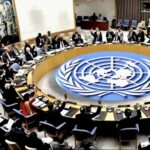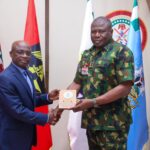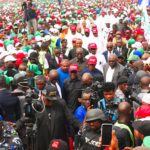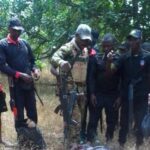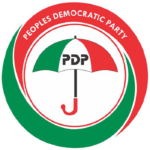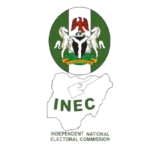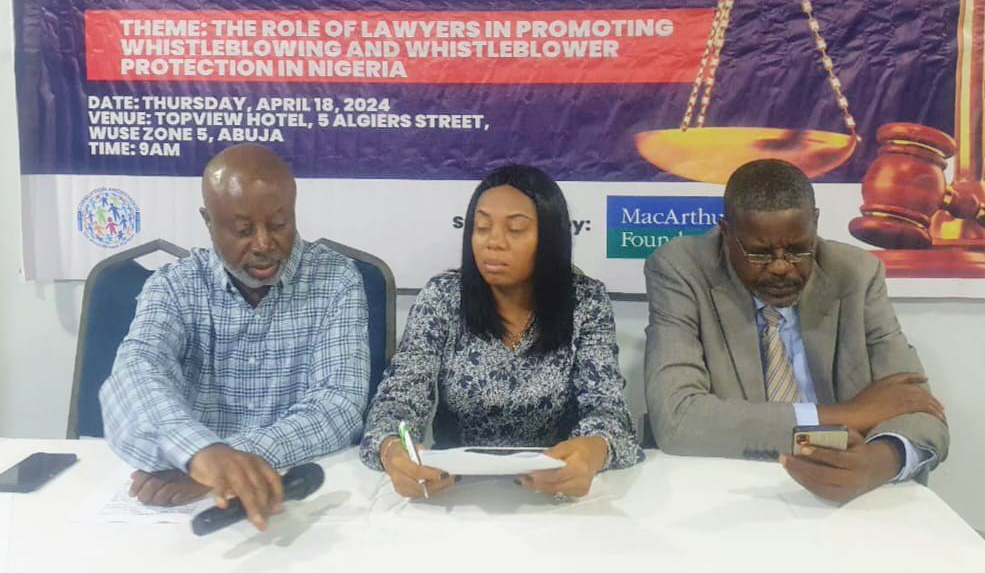The Coordinator of AFRICMI, Dr Chido Onumah, made the call at a One-day Workshop for Lawyers on Thursday in Abuja.
The theme of the workshop was “The Role of Lawyers in Promoting Whistleblowing and Whistle-blower Protection in Nigeria.”
The News Agency of Nigeria (NAN) reports that AFRICMIL organised the workshop in partnership with Progressive Impact Organisation for Community Development (PRIMORG) and with support from MacArthur Foundation.
Onumah said that since 2017, under a project called Corruption Anonymous (CORA), AFRICMIL had been working with the Presidential Initiative on Continuous Audit (PICA) and other stakeholders.
He said it was to promote the whistleblowing policy introduced by the Federal Government in December 2016.
“As you all know, whistleblowing is a legal process. At one stage or another, a whistle-blower will require the services of a lawyer.
“We are mindful of this fact, and that is why over the years we have been collaborating with lawyers, especially lawyers who are interested in public interest litigation and defending citizens who suffer retaliation for blowing the whistle.
“Apart from defending victimised whistle-blowers, we are trying to cultivate a team of lawyers who will offer their professional skills in the quest for the enactment of a long-overdue whistle-blower protection law.
“We already have an MOU with SERAP in this regard; but we would like to work with more lawyers: that is the purpose of this workshop.’’
Onumah said the workshop was designed to enhance the participants’ understanding of the whistleblowing ecosystem and its general principles and best practices.
He said it was also aimed at making them understand the operations of the Nigerian whistleblowing policy, the nature and scope of the draft Whistle-blower Protection Bill approved by the Federal Executive Council but yet to be passed into law.
“We expect that at the end of the workshop, we will all be the richer for it; with a stronger resolve to protect our compatriots who become victims of impunity and abuse of power only because they made disclosures against corrupt and other illegal practices that threaten society’s well-being, “he said.
The President, Public Interest Lawyers’ League (PILL), Mr Abdul Mahmud, a legal practitioner, in his presentation, said whistleblowing was often regulated by law to protect individuals who report wrongdoing or misconduct within organisations.
Mahmud said that a whistle-blower was someone who exposed information or activities that were illegal, unethical, or not in accordance with regulations within an organisation or government entity.
He however, said that there was no specific law that regulated whistleblowing in Nigeria.
“However, Section 39 of the Constitution 1999 provides the constitutional framework for the protection of whistle-blowers as it guarantees the right of imparting information without interference.
“Lawyers play a crucial role in promoting whistleblowing and protecting whistle-blowers in Nigeria by providing legal advice, representation, and advocacy.
“Lawyers can also engage in legal education, providing confidential consultations, advocacy assisting with reporting procedures, promoting legislative reforms among others,’’ he said.
Mahmud said by employing the strategies, lawyers would play a crucial role in protecting whistle-blowers in Nigeria and foster a culture of accountability and transparency.
Also speaking, Mr Johnson Oludare, Deputy Director, Federal Ministry of Finance, said although the whistleblowing policy had recorded some gains, it still had a number of challenges.
Oludare said challenges included lack of involvement by Nigerians as they had yet to take total ownership of the fight against corruption.
He said another challenge was the lack of a legal framework because at present, there was no legislation of the National Assembly backing Whistle-Blowing Policy in Nigeria.
Oludare said that efforts were ongoing to get a law.
He listed fear of victimisation, lack of proper organisation on the responsibility of all components of the whistle blowers units, inadequate compensation for whistleblowers and specific protection for the whistle-blower as some of the challenges.
Oludare said that all whistle-blowers should be adequately rewarded and made heroes and heroines in their communities to encourage more whistle-blowers to come forward. (NAN)
Edited by Chidinma Agu and Chijioke Okoronkwo

